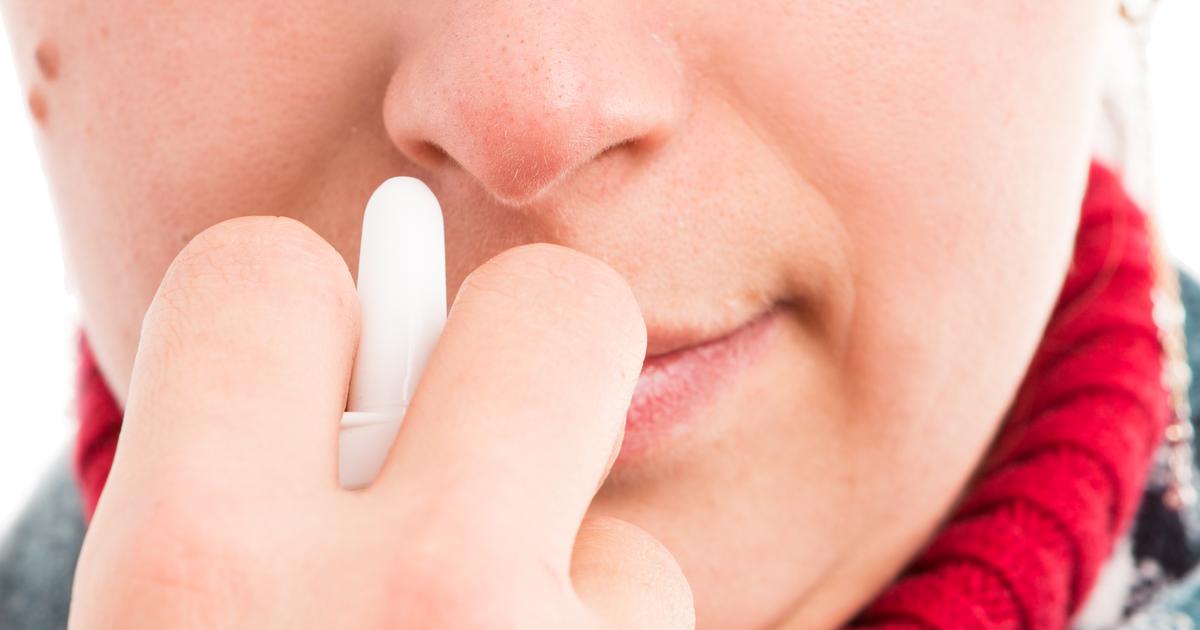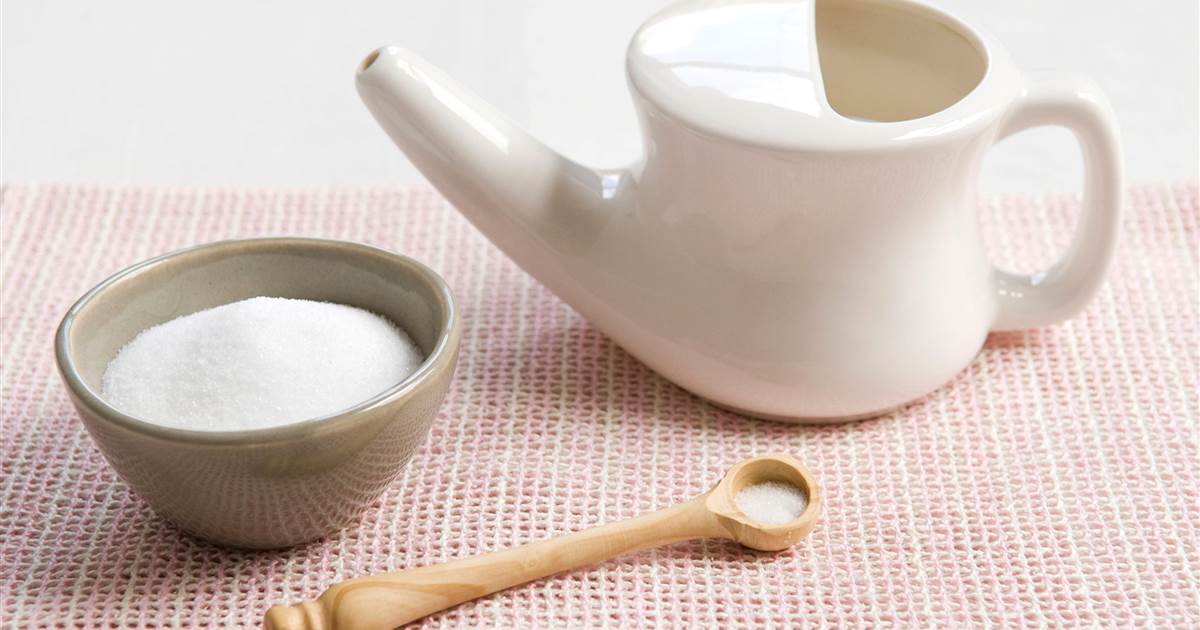Effective Ways To Treat The Flu
Try Decongestants

One option when treating the flu is to try decongestants. These won't always work, and the effectiveness depends on a patient's exact flu symptoms. Decongestants are most commonly used for allergies because of how they affect the tissues and blood vessels. When the linings inside the nose, throat, or sinuses swell, a decongestant will shrink the swollen tissues and blood vessels. This helps relieve congestion, which occurs when the breathing passages become narrow. However, decongestants won't help get rid of mucus, and they also won't alleviate sneezing symptoms or pains caused by the flu. There are several over-the-counter decongestants available, so patients don't need to get a prescription. Different types might appear in nasal sprays, nose drops, liquids, or pills. Three of the most common decongestant ingredients are pseudoephedrine, phenylephrine, and oxymetazoline. If patients are experiencing allergies on top of their flu symptoms, they can also get a decongestant that has an antihistamine. Antihistamines help reduce allergy responses that occur due to the immune system's release of histamines.
Nasal Irrigation

Nasal irrigation is a process in which individuals flush out the nasal passages using water or a saline solution. The most common instrument to help with this is called a neti pot, though there are other ways to deliver nasal irrigation. Nasal irrigation is best for those whose flu symptoms are causing a distressing amount of impacted mucus buildup in the nose. Though they're not often used as a first-line flu treatment, they are very common in the treatment of colds and allergies. Nasal irrigation may also be used in healthy individuals who need to add moisture to their nasal passages following exposure to dry air. It's important to use neti pots properly, as improper use can lead to an increased infection risk. Every time individuals use a neti pot, they must clean it properly according to the manufacturer's instructions. They also shouldn't use tap water for nasal rinses. Filtered and distilled water should be used instead, since it's been treated and had potentially harmful substances removed.
